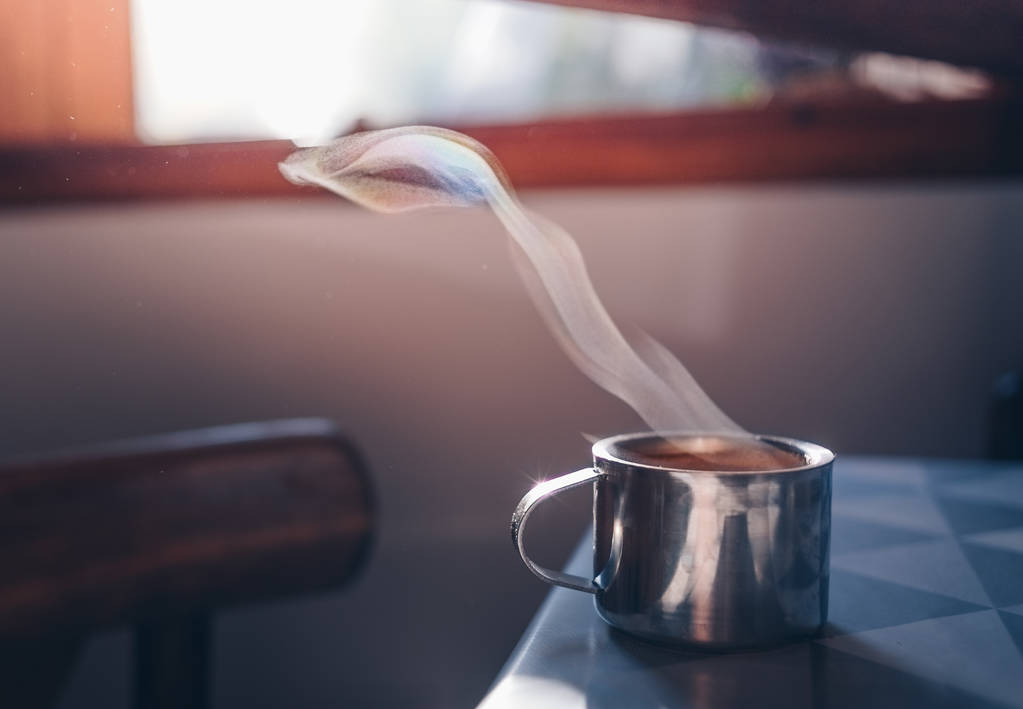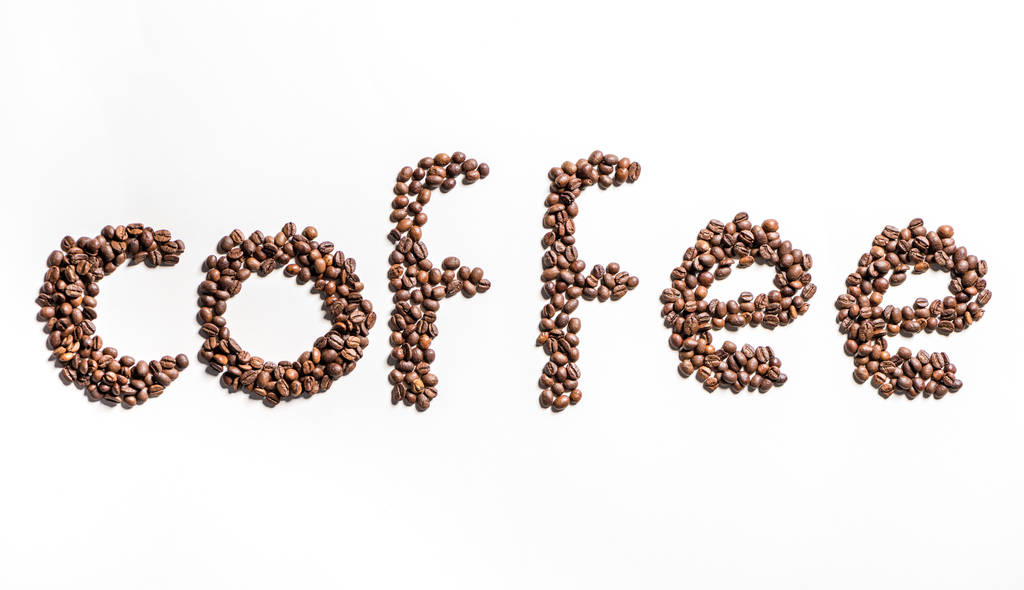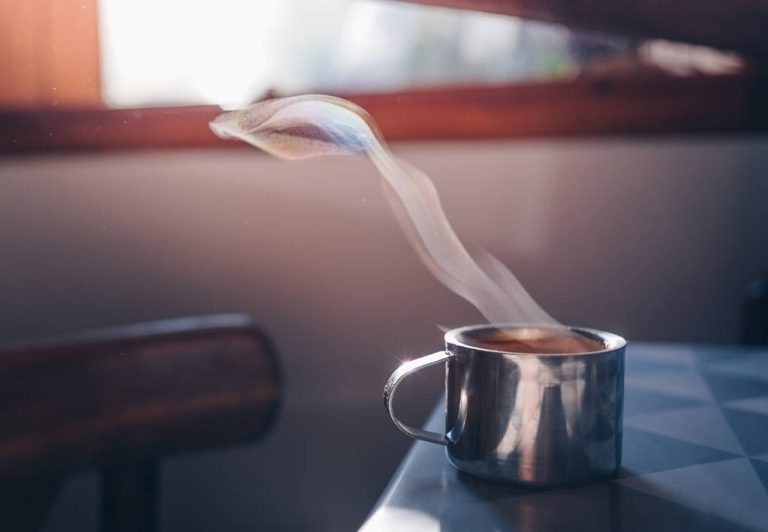Filter, espresso, cold brew: coffee is cult – but is it also healthy? When are beans fair trade? What can you do while drinking coffee to protect the environment? Here are the most important facts about sustainable coffee enjoyment.
Is drinking coffee healthy?
100 ml of coffee contains an average of 50 mg of caffeine – a natural stimulant that stimulates our circulation and metabolism: the heart beats faster, blood pressure rises and we become more alert and receptive again. Because of this effect, coffee is one of the so-called “legal drugs” – and is very popular among students, office workers and even athletes.
But like any drug, coffee has all sorts of side effects and can even become addictive: as soon as the body gets used to the regular intake of caffeine, drinking coffee becomes less and less effective – and if you stop drinking coffee, withdrawal symptoms can occur. Those who consume too much often suffer from insomnia, headaches or are generally irritable and nervous. The European Food Safety Authority recommends a maximum of 400 mg of caffeine per day – i.e. no more than 800 ml.
Caution: Pregnant or breastfeeding women should be particularly careful about how much coffee they drink – babies are also supplied with caffeine, but are much less able to break down the substance than an adult.
5 tips: How to drink your coffee more sustainably
In addition to the Fairtrade seal, there are numerous other ways to make drinking coffee in the morning a little more environmentally friendly:
Coffee to go: Many drink their coffee on the way to the office – and buy it in paper cups with a plastic lid at the nearest bakery.
Anyone who brings their own coffee from home saves money and can decide for themselves what kind of coffee ends up in the cup. However, if you don’t want to do without the brewed coffee from your regular baker, you can ask where he gets his beans from.
On the go without a thermos mug? Then keep an eye out for Recup: The reusable coffee mugs are already widespread in many big cities – you can take them with you for a deposit of 1 euro and return them to the nearest branch with Recup mugs. There they are washed and sent to the next customer.
Small regional roasting houses with hand-distilled varieties have sprung up in large numbers in recent years – you can also find them in your big city. The advantage: Here you can drink high-quality coffee, in which the roasters have invested a lot of time and love – and you can taste it too. Most of the varieties are even organic and fair trade. Get your beans from a local roastery and support quality over bulk.
Drinking less coffee is doing the environment a big favor. Coffee cultivation is anything but resource-friendly: 140 liters of water are used for one cup. So only drink coffee occasionally – this way you can appreciate the aromatic drink more and feel the effect more intensively again. Coffee withdrawal will also do your body good.

